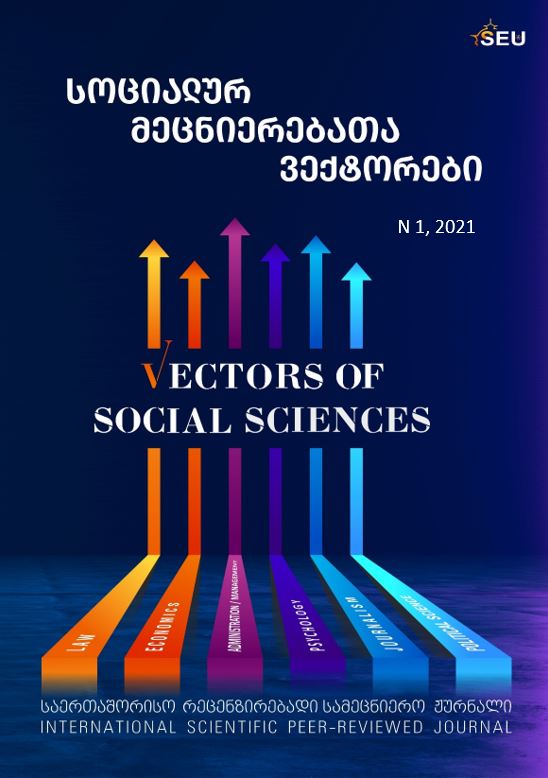Agencification In The Education Sector Of Georgia
Main Article Content
Abstract
Agencification has been a recent trend on the agenda of public administration reforms in a number of countries. The concept of Agencification implies the rearrangement of the relation between the central government and the agencies as a result of delegation of tasks. Agencification process has been mostly driven by international organizations such as the OECD, IMF and the World Bank with the aim to introduce a “business-like” efficiency-oriented model in public sector in order to improve the performance and to raise the accountability. The following study explores the Agencification processes in the education sector of Georgia. Six agencies operating under the aegis of Ministry of Education and Science of Georgia have been examined. The empirical study shows that the relationship between the Ministry and the studied agencies goes beyond the classical model of principal-agent relationship and is based more on collaboration and cooperation principles. Shortcomings regarding the legal framework, old-fashioned performance measurement and performance management methods, constant reforms and structural changes put challenge to Agencification process. Furthermore, in the context of Georgia, there is no evidence that external actors – international organizations had an impact on the Agencification process in this very specific policy field. It was more an internal decision.
